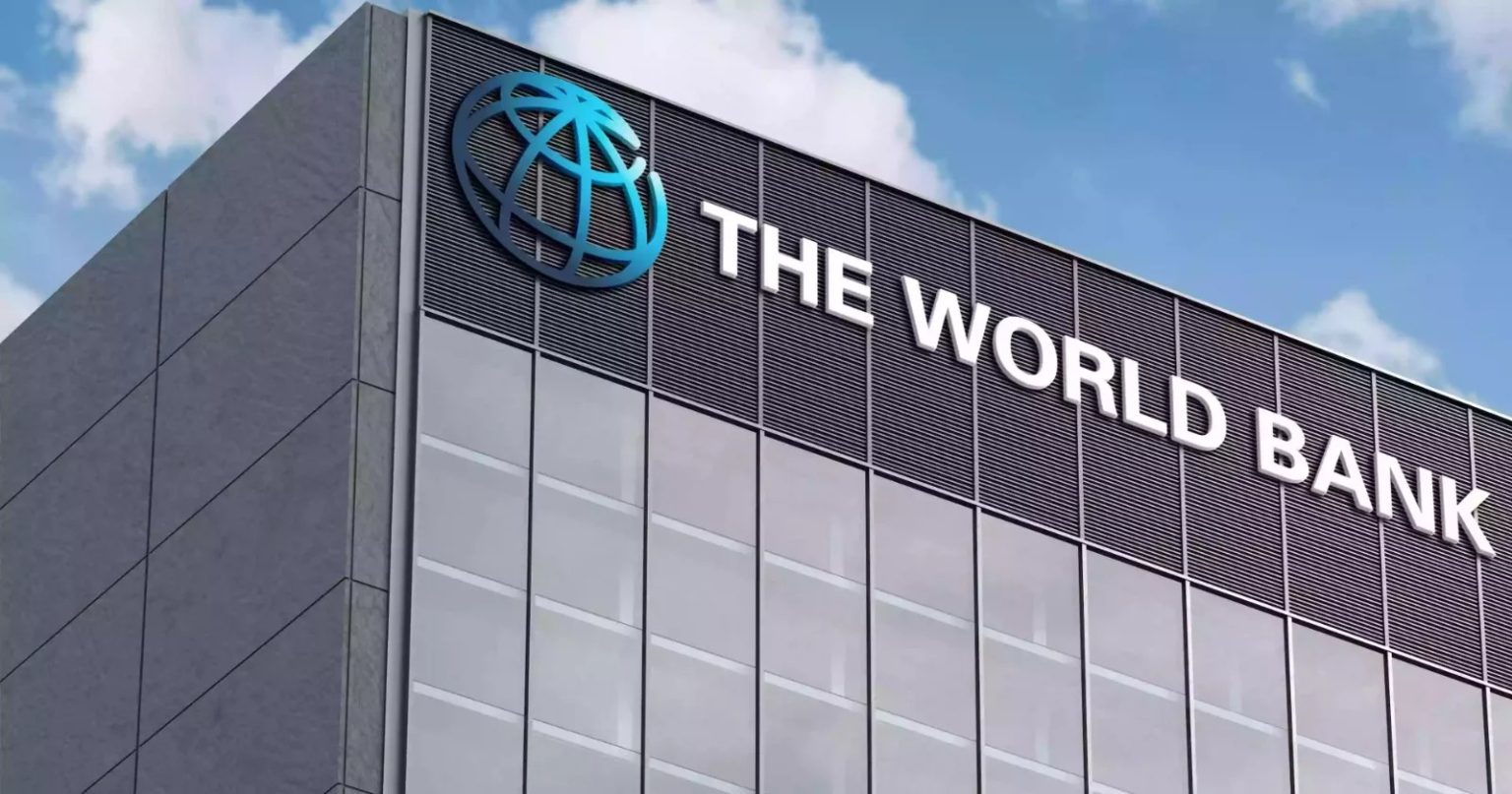The World Bank’s Executive Board has approved two major projects worth $640 million aimed at strengthening Bangladesh’s gas supply infrastructure and improving air quality, according to a press release issued on Thursday (June 19).
The approval includes $350 million for the “Energy Sector Security Enhancement Project,” which will support state-run Petrobangla in ensuring cost-effective financing and bolstering energy security. Another $290 million will be allocated for a comprehensive air quality improvement project.
As part of the energy initiative, the International Development Association (IDA) guarantee mechanism is expected to enable the mobilization of up to $2.1 billion in private capital over the next seven years. This would facilitate long-term contracts for the import of liquefied natural gas (LNG), reducing reliance on expensive spot market purchases.
The IDA guarantee is expected to boost Petrobangla’s financial credibility and provide greater assurance in securing LNG supplies. Currently, over one-fourth of Bangladesh’s gas consumption is met through LNG imports. Moreover, about 42% of the total gas supply is used in electricity generation—meaning any disruption could negatively affect power production and, consequently, the national economy.
The project also aims to ensure the availability of working capital for LNG imports under long-term contracts, minimizing the need for emergency purchases from volatile international markets.
The air quality project, backed by a $290 million allocation, will introduce an integrated strategy to improve air quality in Bangladesh. According to World Bank data, air pollution caused over 159,000 premature deaths in Bangladesh in 2019, with economic damages to the health sector amounting to 8.3% of the country’s GDP.
Dhaka is among the most polluted cities globally, with its annual PM2.5 (fine particulate matter) levels 18 times higher than the World Health Organization’s recommended threshold. The new project will strengthen the Department of Environment’s air monitoring network with the installation and enhancement of advanced monitoring stations.
In addition, the initiative will support the implementation of an automated emissions monitoring system for real-time tracking of pollution sources in the industrial sector. This system will help enforce emission limits and ensure transparency through the publication of primary data from major sources.
The transport sector will also see significant improvements under the project. Four hundred old diesel-powered buses will be replaced with new zero-emission electric buses, to be operated under a single-operator franchise model to improve service quality. Infrastructure such as charging stations, parking, and maintenance depots will also be developed.
Five new vehicle inspection centers will be established, and two existing but inactive centers will be upgraded. Several mobile vehicle inspection units have also been planned, with 20 already deployed to monitor vehicle emissions on the move.
These combined efforts are expected to reduce approximately 2,734 metric tons of PM2.5 emissions from the transport sector each year.
Gail Martin, Acting Country Director of the World Bank’s Dhaka office, said, “Energy security and air quality improvement are critical economic and development priorities for Bangladesh. These two projects are designed to tackle the core challenges behind gas supply disruptions and urban air pollution. They will contribute significantly to economic growth, productivity, and employment.”
Olayinka Bisiwoye Adebiyi, senior energy specialist and task team leader of the energy project, noted, “This initiative will enhance gas supply security in a cost-effective manner and ensure reliable and affordable power for industrial and residential users.”
He added, “By ensuring stable gas supply, the project will support Bangladesh’s economic growth and long-term stability.”
Ana Luísa Gomes Lima, Lead Environmental Specialist and Task Team Leader of the Bangladesh Clean Air Project, stated that this marks the country’s first integrated approach to improving air quality. “Air pollution knows no borders—no country can tackle it alone. This project will also promote regional dialogue and data sharing, which are essential for reducing cross-border air pollution,” she said.


